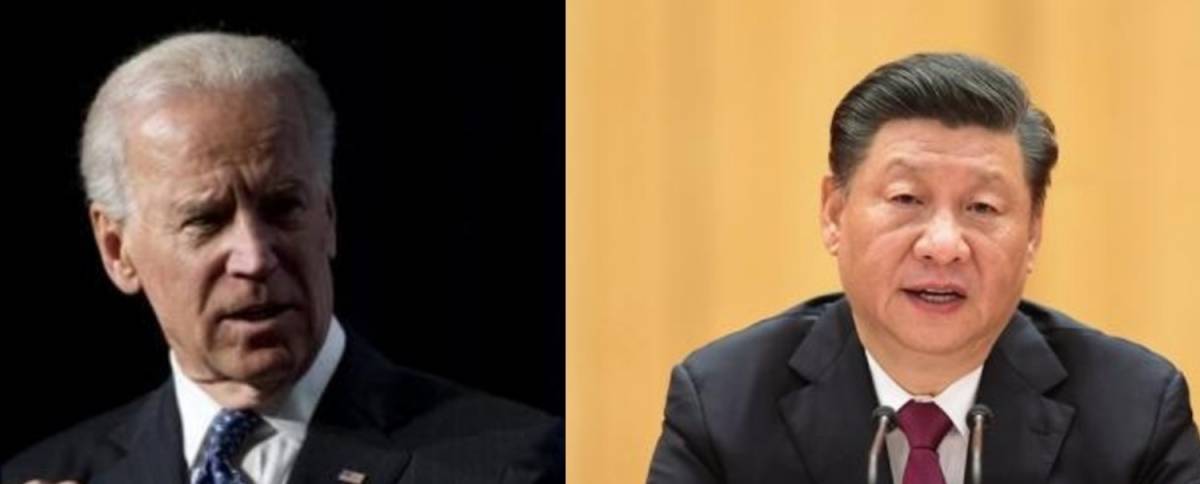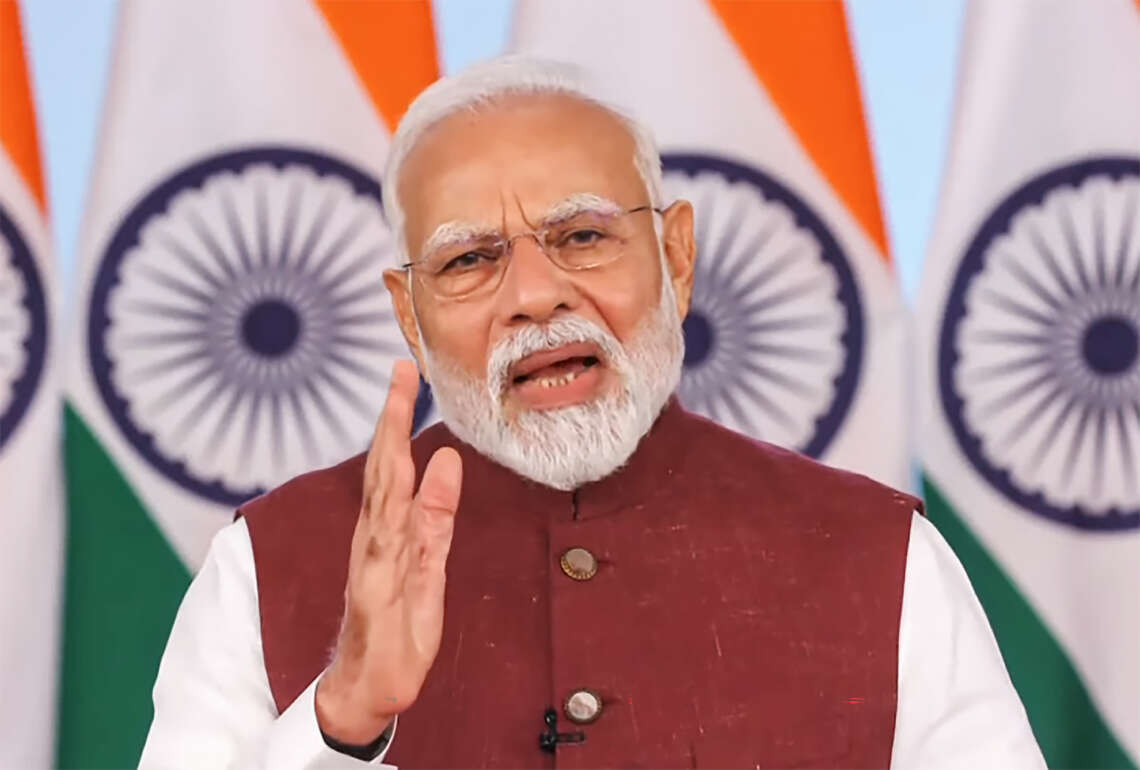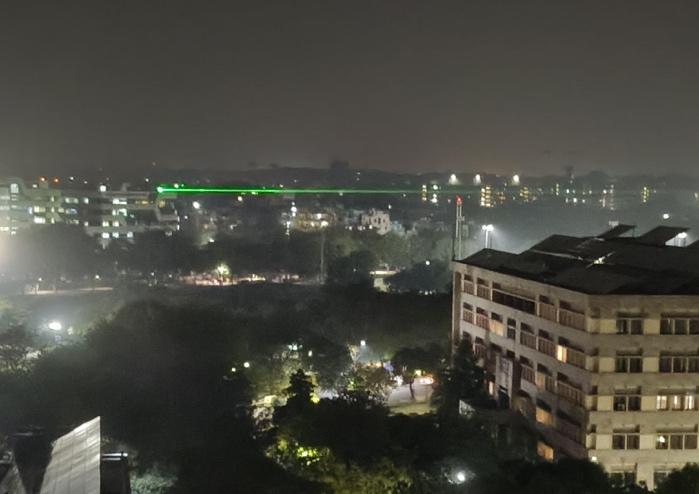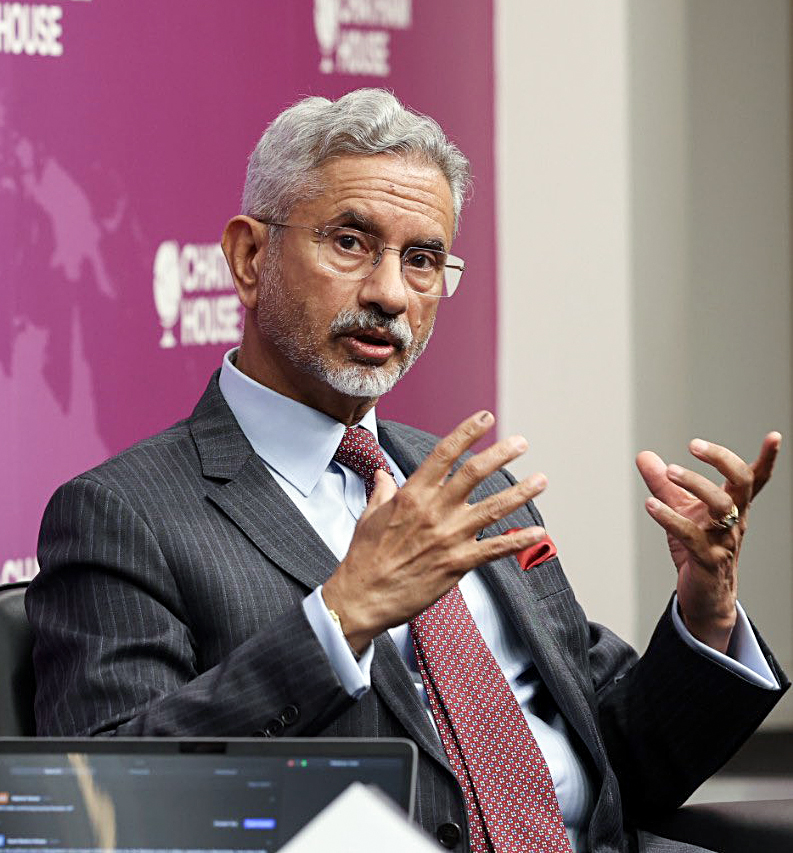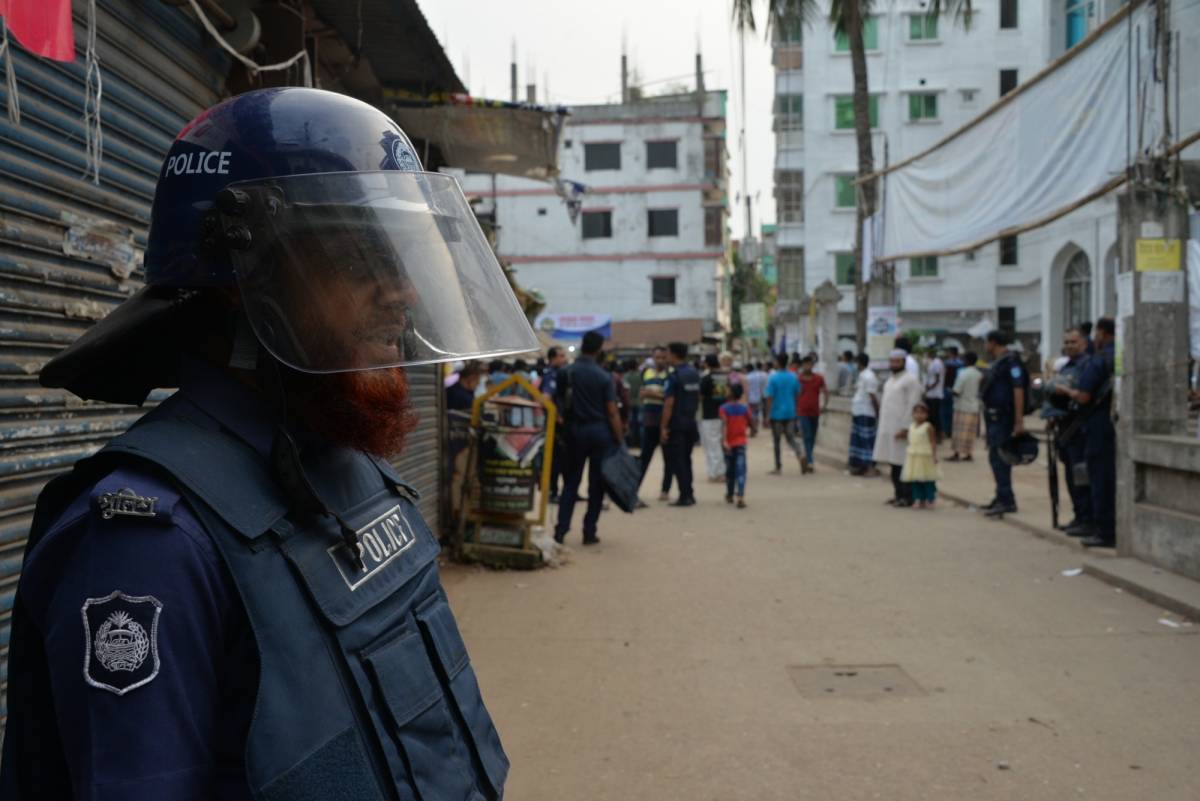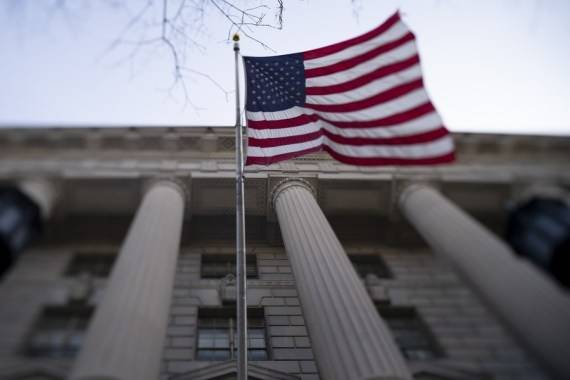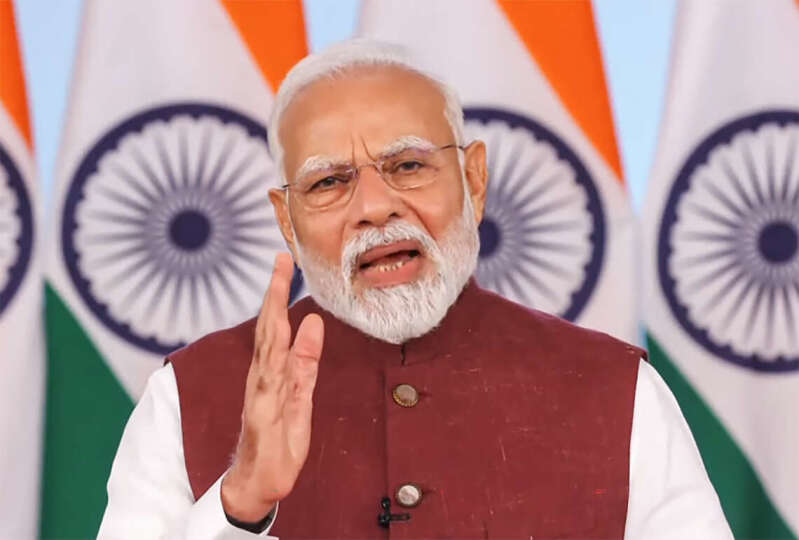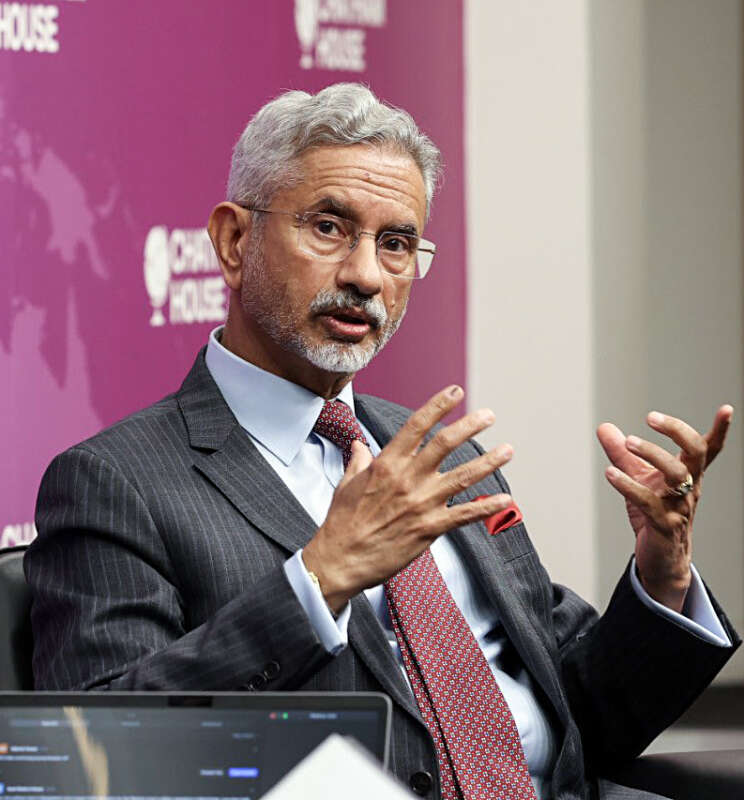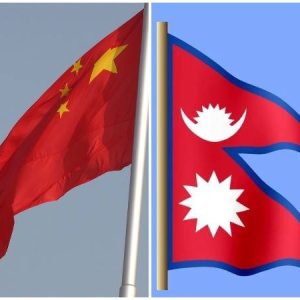China, the United States’ principal rival, is not invited, while Taiwan is — a move that risks angering Beijing. Turkey, which like America is a member of NATO, is also missing from the list of participants, reports Asian Lite News
President Joe Biden has invited around 110 countries to a virtual summit on democracy in December, including major Western allies but also Iraq, India and Pakistan, according to a list posted on the State Department website on Tuesday.
China, the United States’ principal rival, is not invited, while Taiwan is — a move that risks angering Beijing. Turkey, which like America is a member of NATO, is also missing from the list of participants.
Among the countries of the Middle East, only Israel and Iraq will take place in the online conference, scheduled for December 9-10.
Traditional Arab allies of the US — Egypt, Saudi Arabia, Jordan, Qatar and the United Arab Emirates, are not invited.
Biden invited Brazil even though its far right president, Jair Bolsonaro has been criticized as having an authoritarian bent and was a firm supporter of Donald Trump.
In Europe, Poland was invited to the summit despite persistent tension with the European Union over its human rights record. Hungary, led by hardline nationalist Prime Minister Viktor Orban, was not invited.

In Africa, the Democratic Republic of Congo, South Africa, Nigeria and Niger are among the countries on the list.
In announcing the summit back in August, the White House said the meeting would “galvanize commitments and initiatives across three principal themes: defending against authoritarianism, fighting corruption, and promoting respect for human rights.”
Biden’s planning for the summit has also proved to be a challenge as the administration has grappled with questions over which other countries to invite and which to leave out. The final guest list reflects that challenge: Invitees included Brazil, the Philippines and Poland, all countries that have seen democratic backsliding.
Biden has frequently characterized democracies’ battle against autocracies as an essential geopolitical challenge of the 21st century. In a speech to Congress in April, he said the U.S. must push back against Xi and other leaders who seek to show that their system of government is better for their people.
“He’s deadly earnest about becoming the most significant, consequential nation in the world,” Biden said at the time, referring to Xi. “He and others — autocrats — think that democracy can’t compete in the 21st century with autocracies because it takes too long to get consensus.”
Yet after developments, including former President Donald Trump’s continuing refusal to accept his re-election defeat and the January 6 attack on the Capitol by some of his supporters, critics have questioned the state of American democracy.
The Stockholm-based International Institute for Democracy and Electoral Assistance issued a report Monday that said the U.S. “fell victim to authoritarian tendencies itself, and was knocked down a significant number of steps on the democratic scale.”
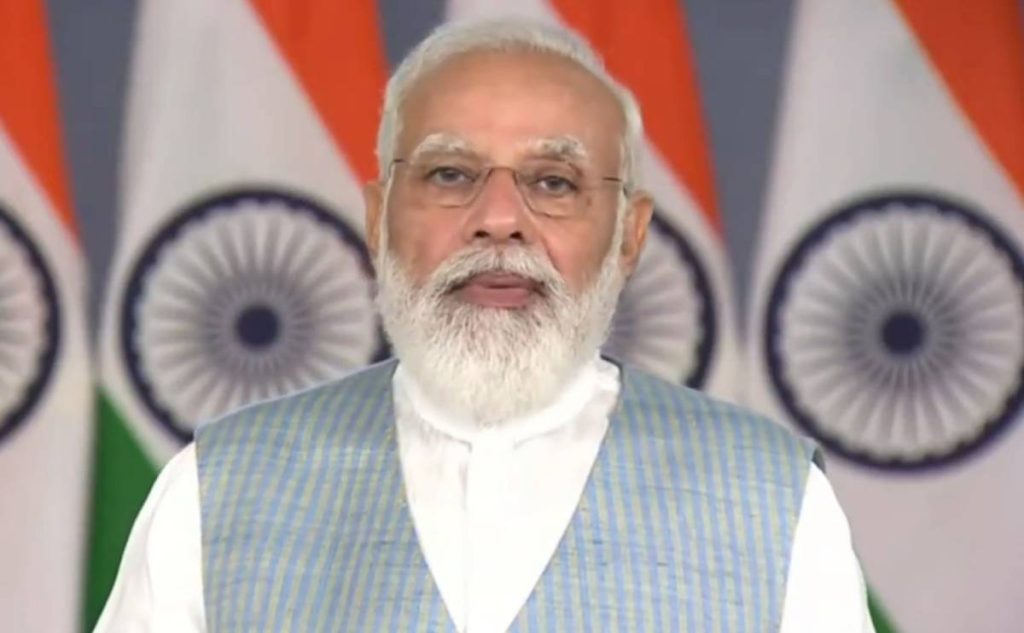
Modi likely to join summit
Prime Minister Narendra Modi is expected to take part in U.S. President Joseph Biden’s “Summit for Democracy”, officials said, confirming that the government has received an invitation for him to take part in the conference in virtual format on December 9-10.
Modi’s participation, along with leaders of more than 100 countries invited, is expected to include “individual and collective commitments to defend democracy and human rights at home and abroad”, according to the White House announcement on the summit, in a manner akin to the climate change “goals” leaders at the Glasgow summit spelt out.
Biden, who had promised the Summit during his election campaign, also wants the grouping to send a message to the U.S.’s chief rivals China and Russia, who are not invitees, although both Communist countries refer to themselves as democracies.
The summit will follow close on the heels of PM Modi’s annual summit with Russian President Vladimir Putin, and the 2+2 meeting of Indian and Russian Foreign and Defence Ministers on December 6, when the two countries are expected to announce a number of bilateral agreements and defence deals.
Russia has been sharply critical of the Democracy Summit, which Russian Foreign Minister Sergey Lavrov called an attempt to divide the world to garner “maximum loyalty” from invitees, while excluding other countries like Russia and China.
According to lists of invitee countries reported in U.S. media, leaders of 108 countries have been invited, including four in the South and Central Asian (SCA) region: India, Maldives, Nepal and Pakistan. It is unclear whether other democracies in the region like Sri Lanka, Bangladesh and Bhutan are also being invited, but the omission of those countries is just one of a number of aspects of the conference that is raising eyebrows in New Delhi.


